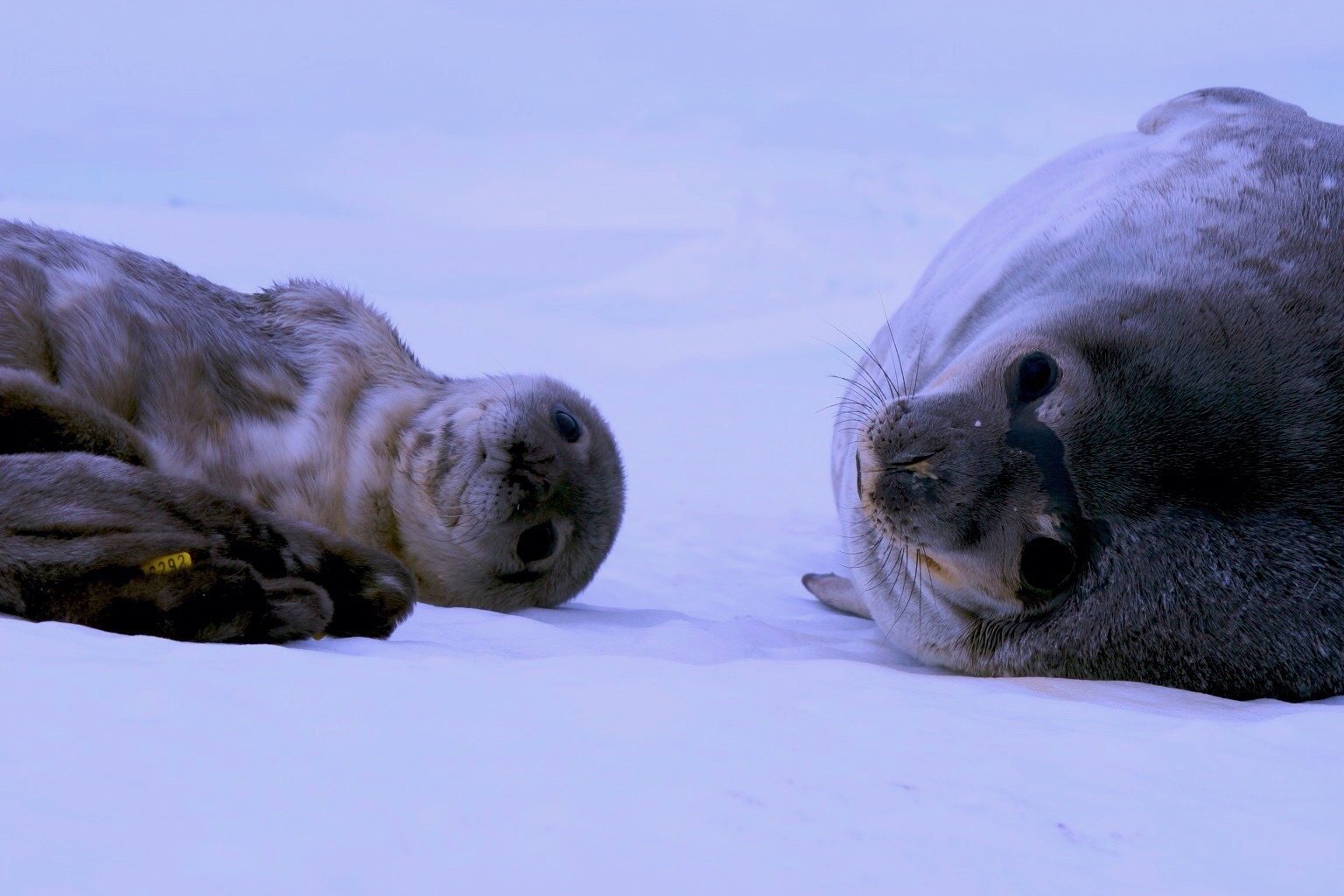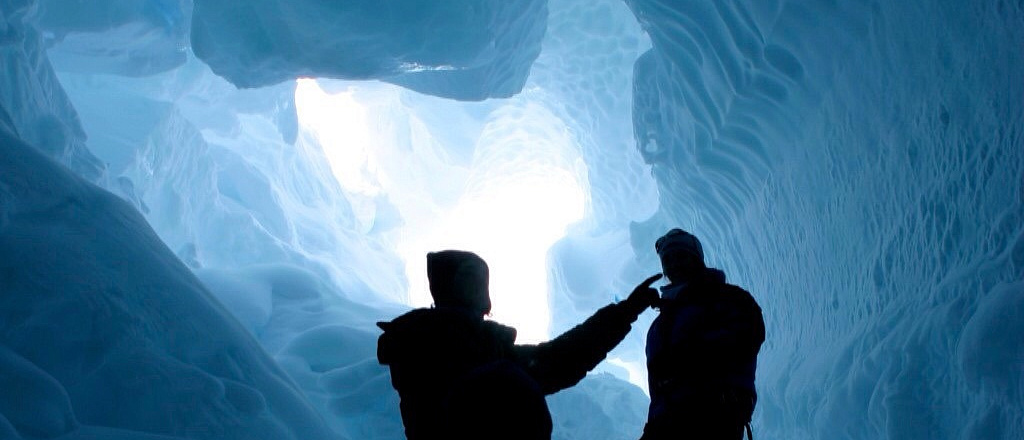Professor of medical simulations at Nazarbayev University, Matthew Charnetski, shared his experience of living in Antarctica and some photos from that amazing world.
THE WAY TO ANTARCTICA
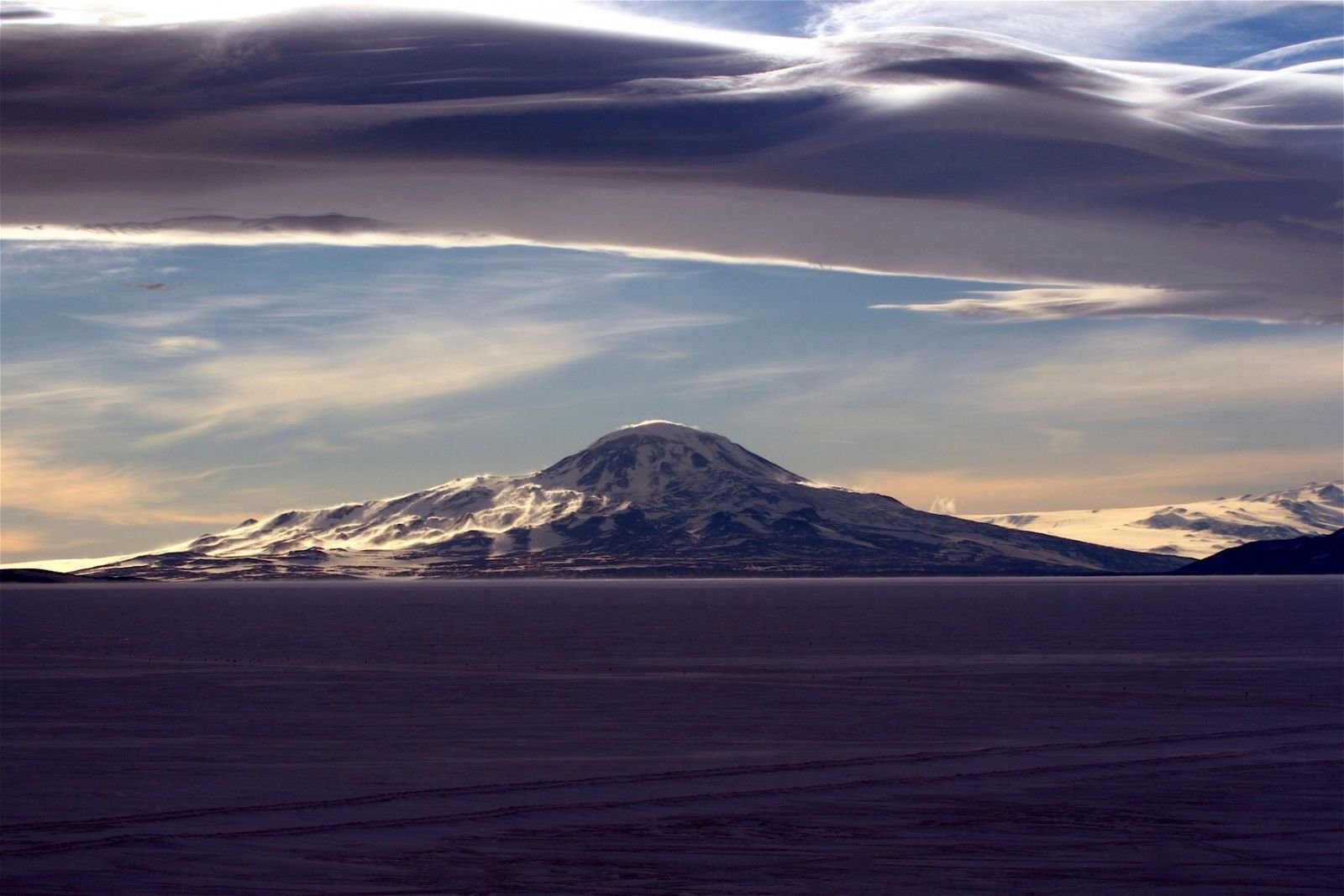
Everything started in the East Africa where I was living for six months on a study abroad program. Director of my program was the geologist and he told us about all the places he had been. He said that the most interesting and the most unique place he had ever been was the Antarctica. Sitting in Africa, Antarctica sounded very pleasant.
That winter I went home after my program and when I was visiting my cousins, we went to the museum of science and industry. It had brand new exhibits of photos from Antarctica. I thought why not I see everything in person and go there.
I did my thesis in the next semester. My research adviser asked me what I wanted to do before my graduation and I could only think of this idea of going to Antarctica but I didn’t know how to get there. I discussed with him and he said, “It is very easy. You just have to find a support contractor.”
Internet was a new thing for me at that time in early 2000s. I started to search some information and later, I randomly typed www.polar.org in my browser and it turned out that it was a real website.
At that time, there were a lot of applicants who were looking for jobs. There were about 1000 jobs available in Antarctica, and several thousands of people had applied for these jobs.
I thought I should definitely go there and work with scientists.
The logistics department is often looking for people who have Bachelor’s in science degree or other skills to work in the laboratory stock room.
I walked over logistics department and they cared less about my biology degree because they were interested more in the practical experience of a candidate. I had an interview with two people and a few months later, I knew that I would be going to Antarctica for fifteen months according to my contract.
I thought at that time, “I will be there for one season”, but I was interested in different projects there.
LIFE IN ANTARCTICA
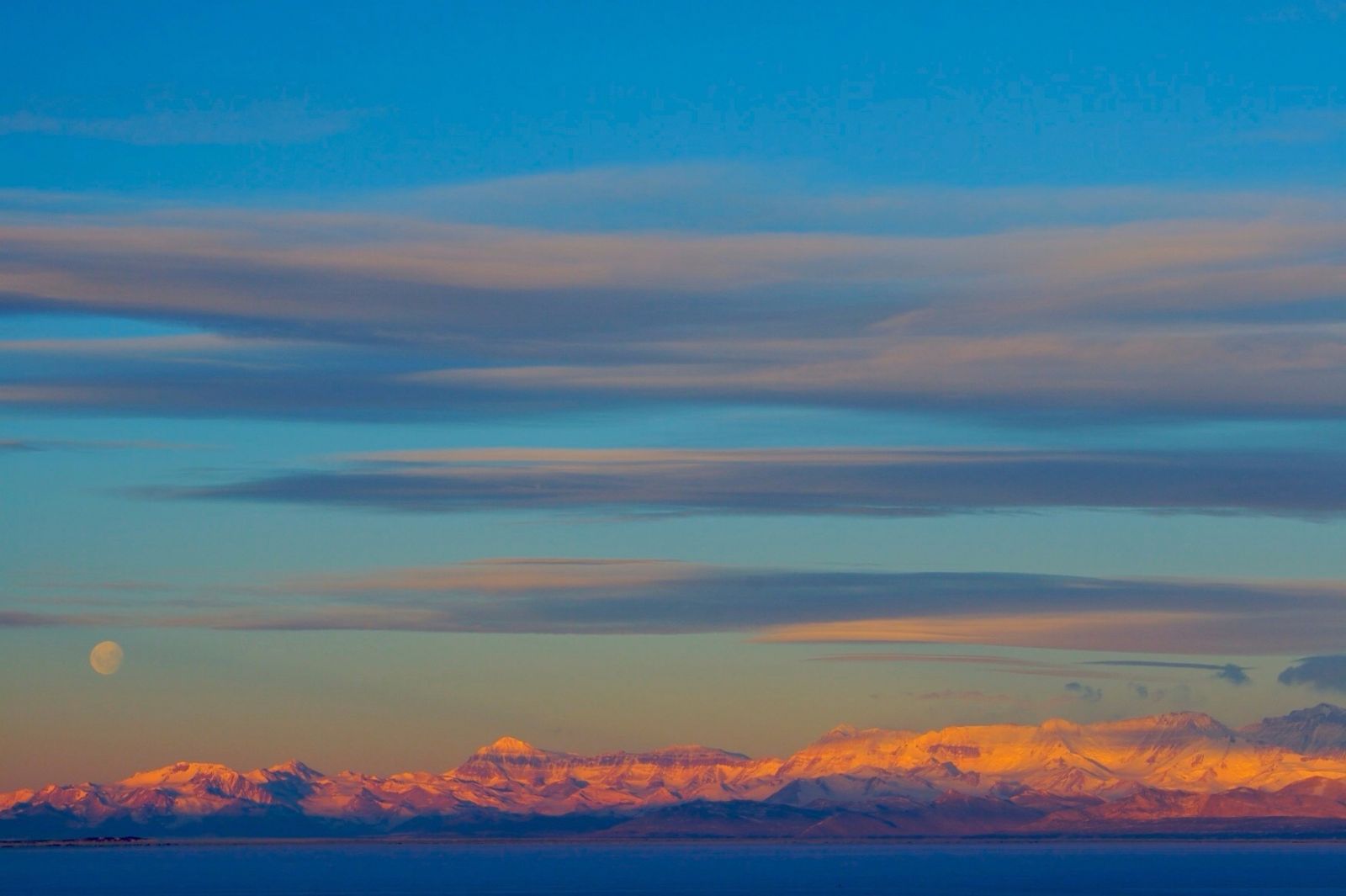
I was excited but at the same time, I was a little nervous as well because most people who go there already know someone there. I didn’t have that benefit. I just thought: “What is a weird thing to go after graduating a college!”
I lived at McMurdo station. It is really a big space with a dorm, offices, cafeteria, recreation department, bars, and gym. Everyone makes sure that it is a place where people could live. There are also other different stations down there but they are much smaller than McMurdo.
There is a really active social scene in Antarctica. There is a recreation department that plans parties every couple of weekends, and has classes.
You don’t live only in the tent all the time.
I think people underestimate how much it has been built up over the years. I respect people who were there thirty or forty years ago. You can phone to your family any time you want or need, surf the internet and even shop online. Can you imagine that you can shop online from Antarctica?
If I am not mistaken, my work started at eight in the morning and went until five in the evening, and we worked six days a week. I woke up at 5 a.m., had a morning routine and then started working. In the evening, I had a part time job at the café as a barista.
I have got to do really unique things. I remember one night one of my friends went to my dorm room and he asked me to help him to check fish hooks. One of his big research projects was analyzing anti-freeze protein in fish blood. He handled these fish hooks all around the island. At 21.30, I put on my snow cloths and on the snow motor vehicles, we were driving around the sea ice for four and a half hours to make sure that the fish wasn’t frozen, and the line is still working. It was a crazy night when I think of it now.
There are a lot of safety measures to prevent people from unexpected situations. I remember that one man had been skiing alone on the island and there was catastrophic wind which usually comes off the Plateau and this kind of wind could blow about 100 miles/hour. The wind blew him off the cliff and he felt 20-25 meters down. We flew on a helicopter but as the wind was blowing so hard, our helicopter started to be blown across the ice. My colleague Susan and I with a big backpack climbed out but after one second, I couldn’t find her. I felt something was on my leg and I looked down and saw Susan was being blown off and she had just held my leg.
There were two times when it was uncomfortably cold but I still have my fingers and toes.
I had a chance to see some amazing emperor penguins, Weddell seals, minke and orcas wales, and a lot of birds such as skuas.
We had an aquarium with a bunch of distinct fishes and species from the ocean.
I made amazing friends. I was among one of those several thousand people who has ever spent winter in Antarctica and I am happy.
What I do now doesn’t match with what was there in Antarctica, but I really like what I am doing right now.
Aurora Australis over the Taylor Valley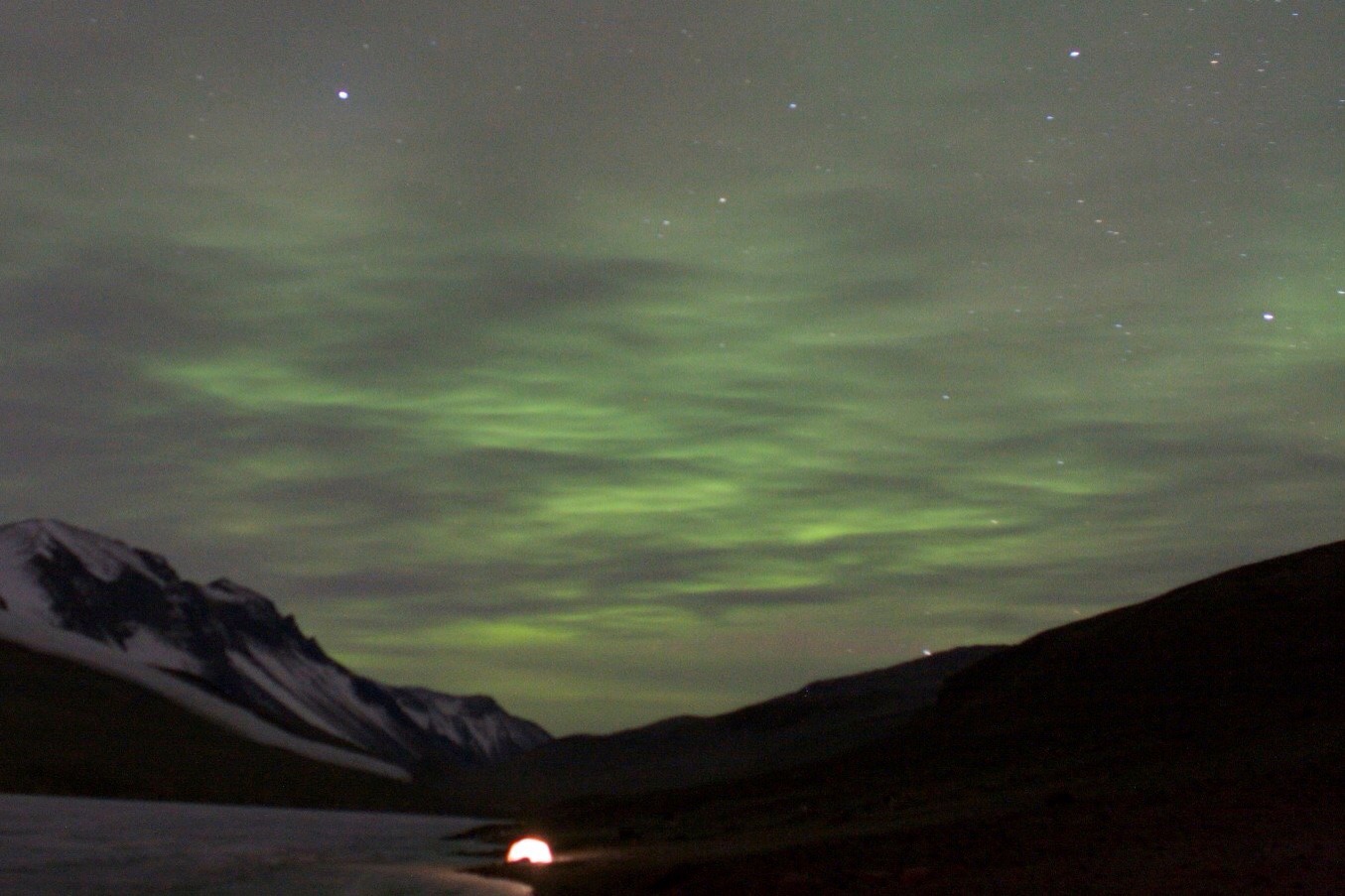
Mummified seal remains in the Taylor Valley at Lake Hoare
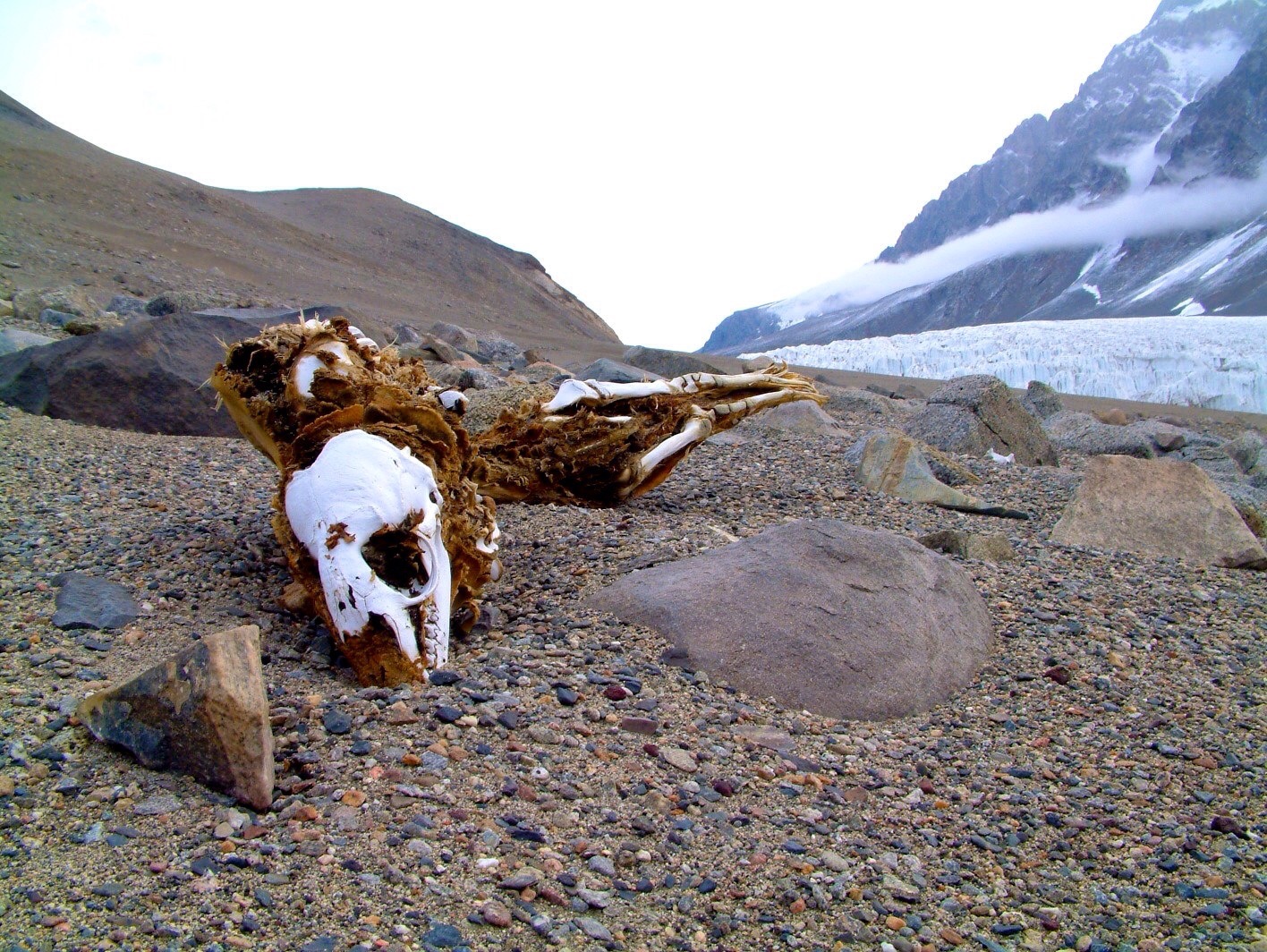
Flying over the Antarctic Plateau headed to the Fosdick Mountains in a Twin Otter
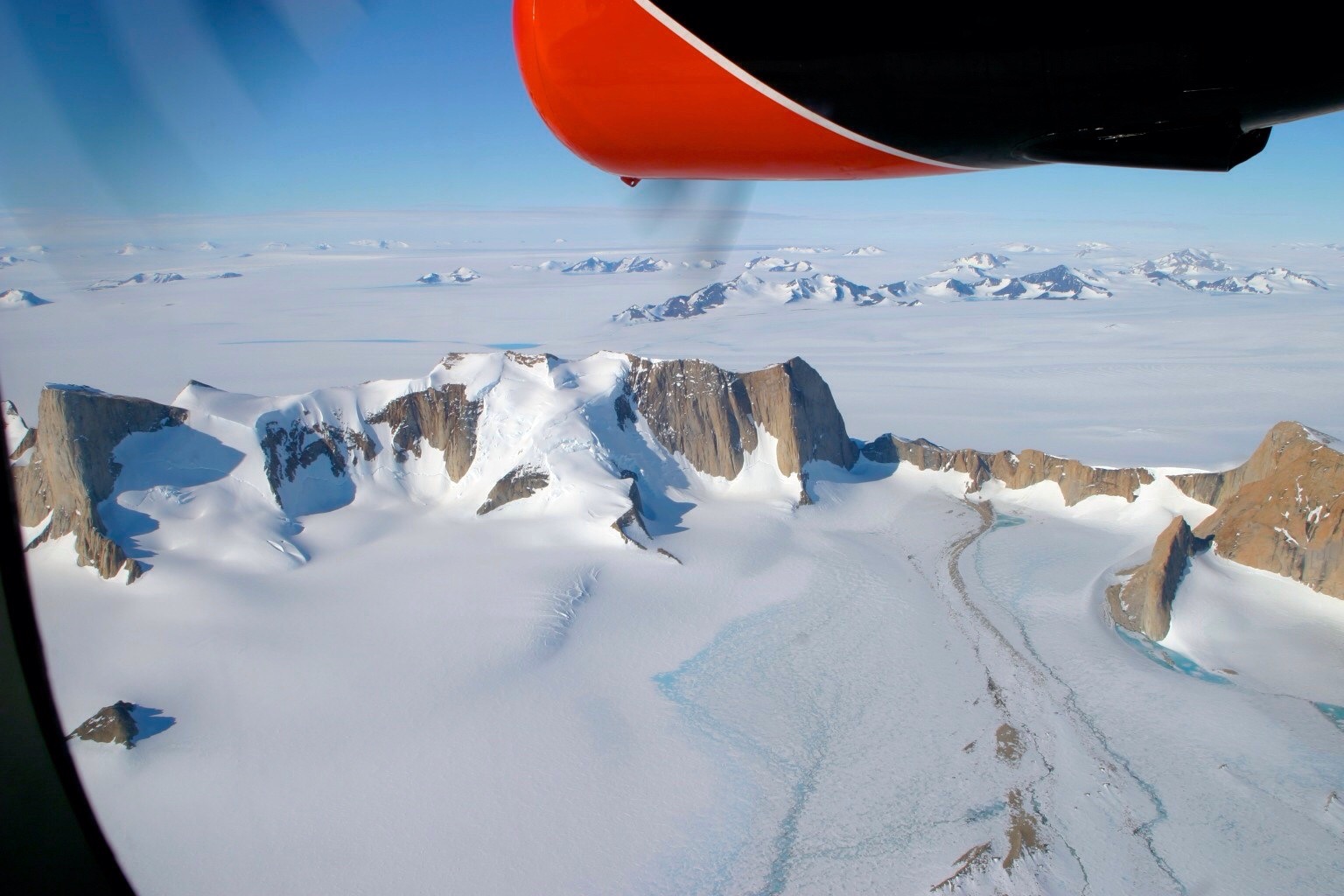
Nacreous Clouds over McMurdo Station, Antarctica
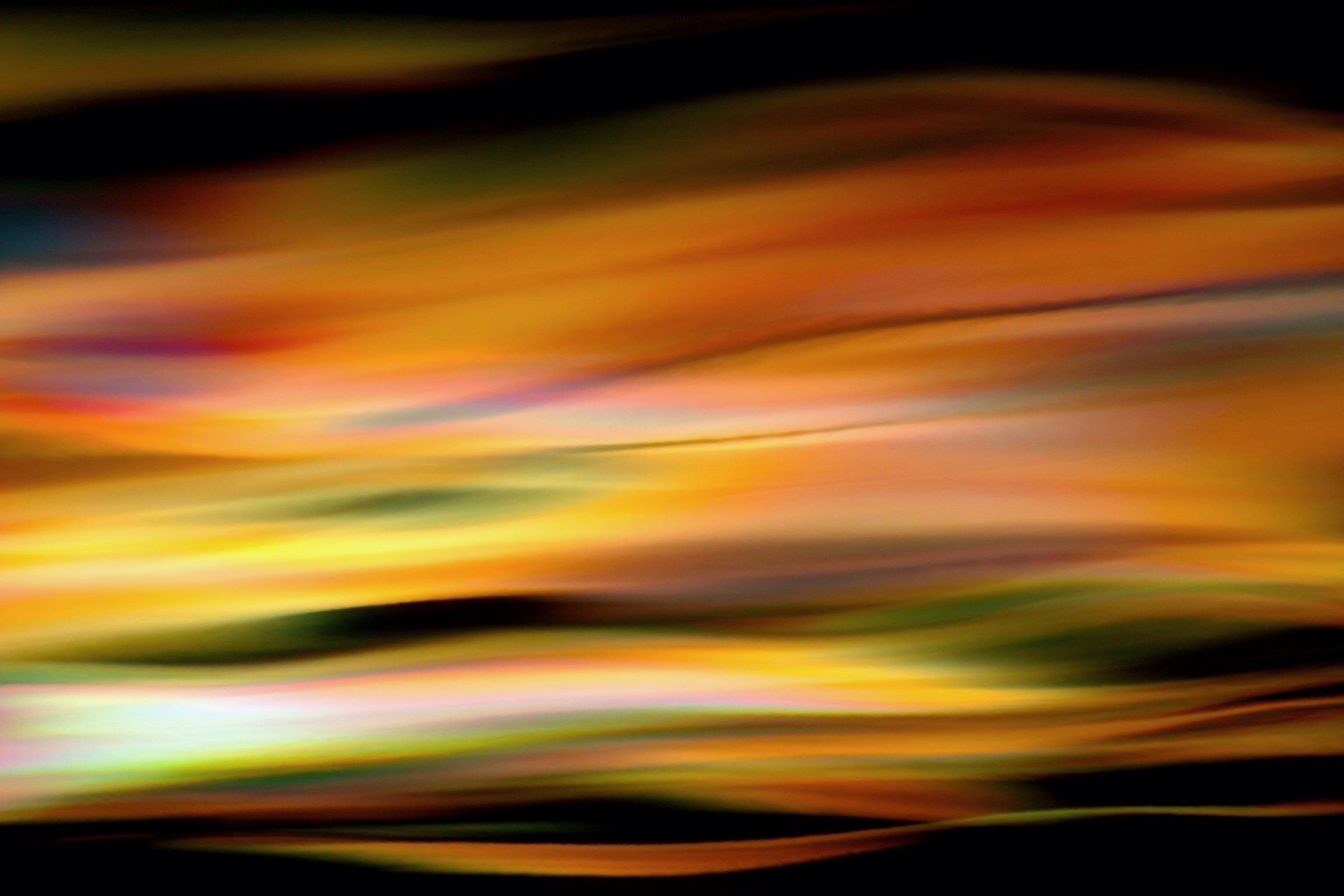
Sun Dog with wings
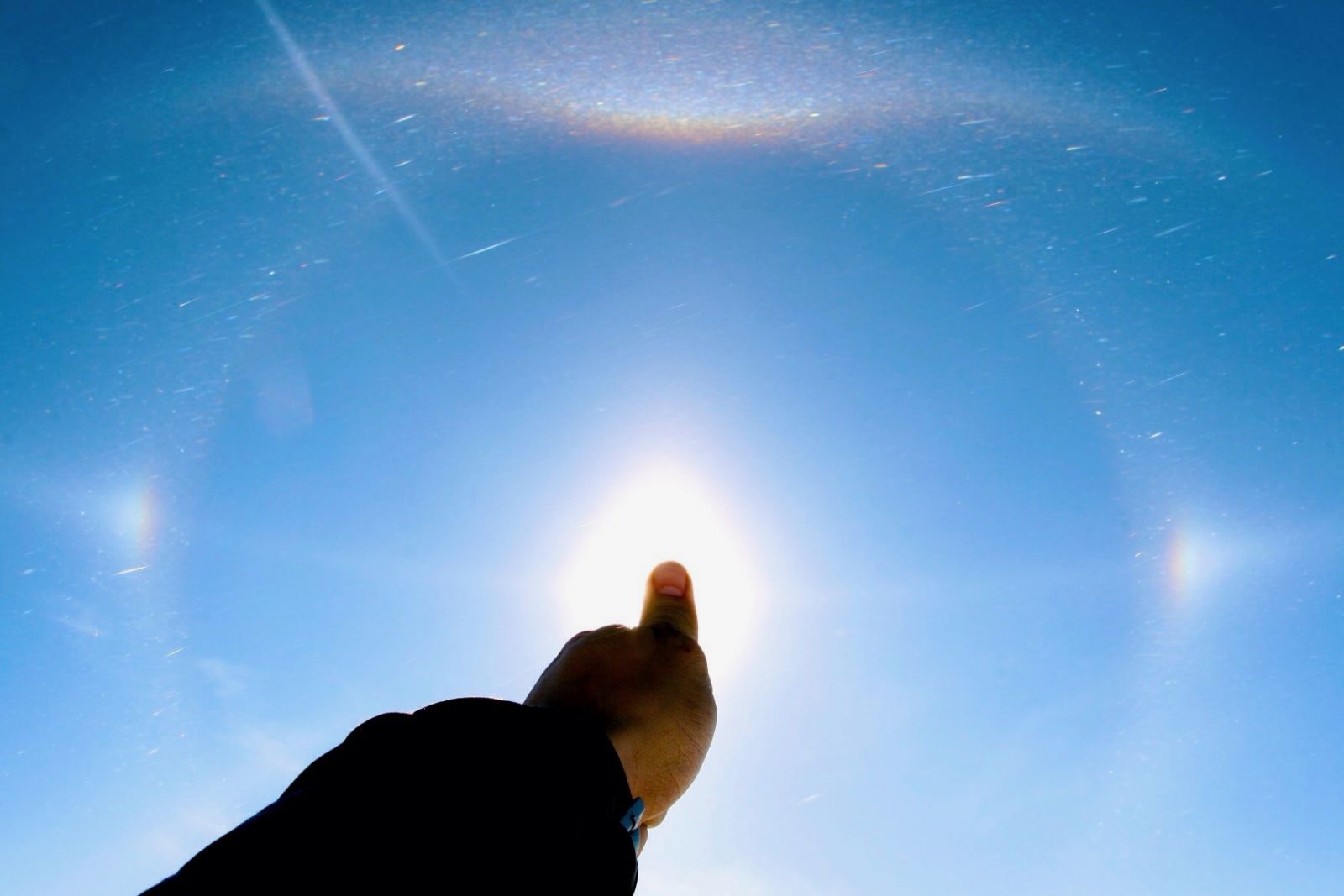
Shadows of McMurdo Station with Nacreous Clouds above
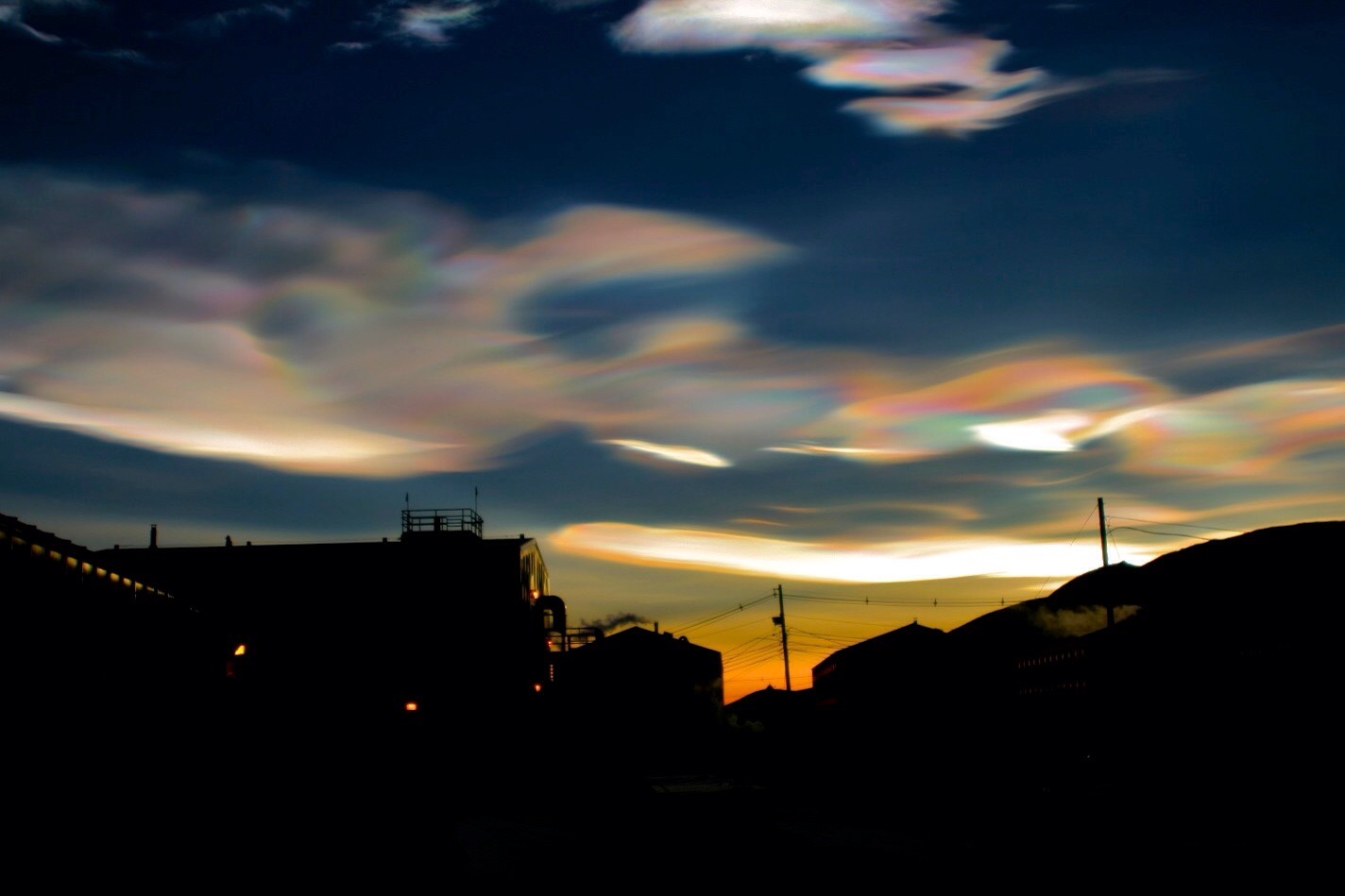
The Royal Society Mountain Range from my office window
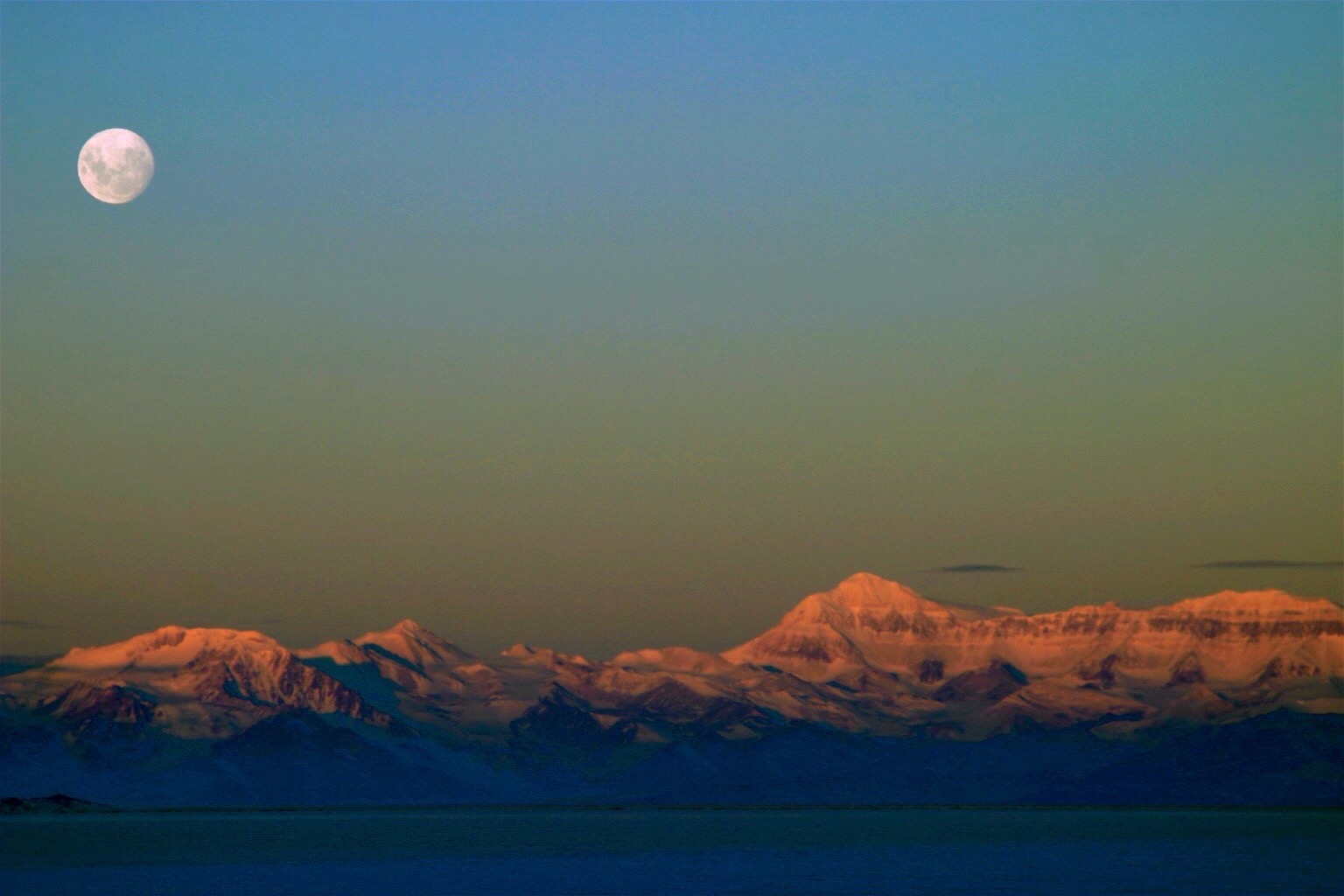
The Barne Glacier with “Seal”
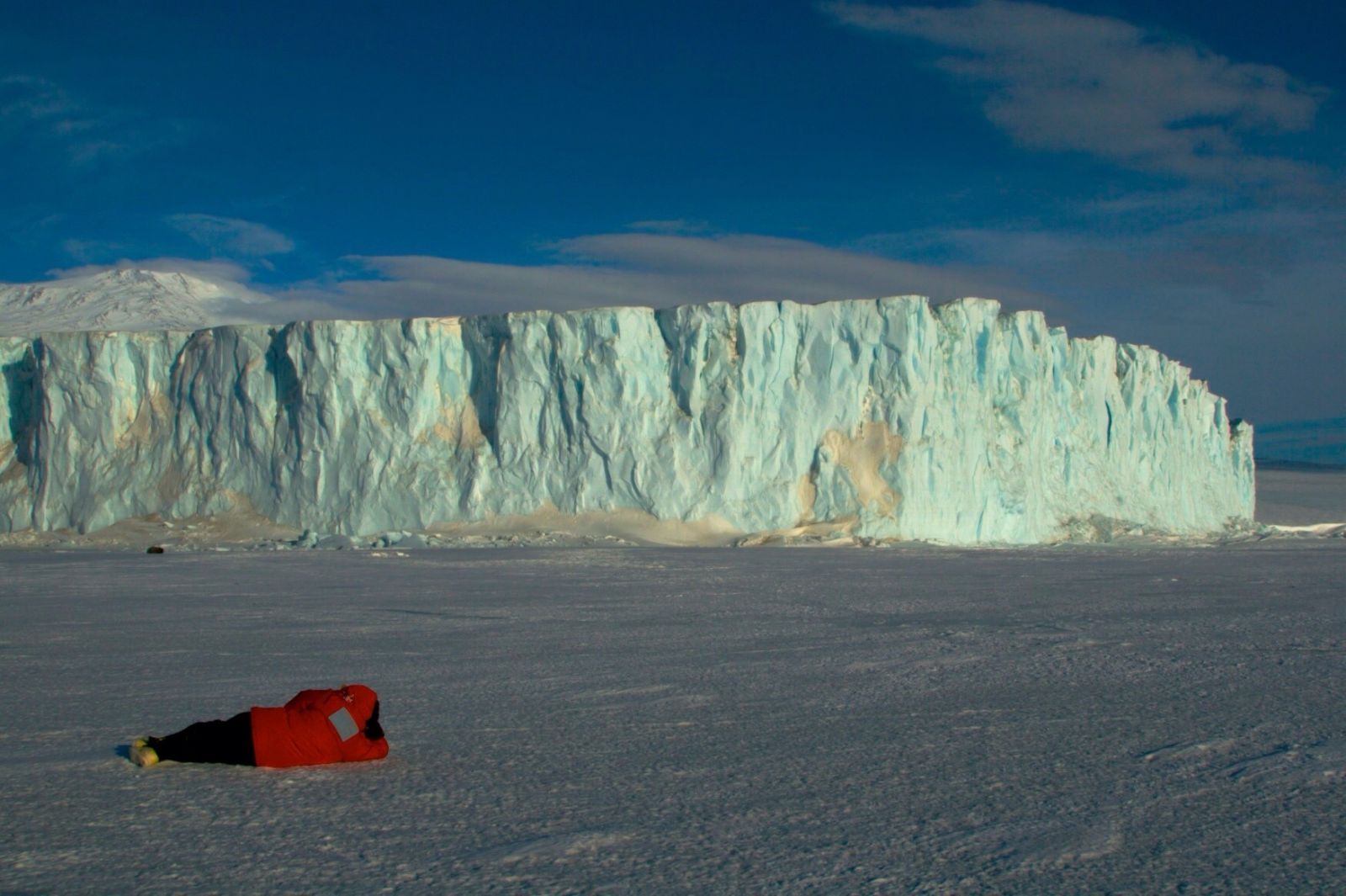
Weddell Seals on the Sea Ice
